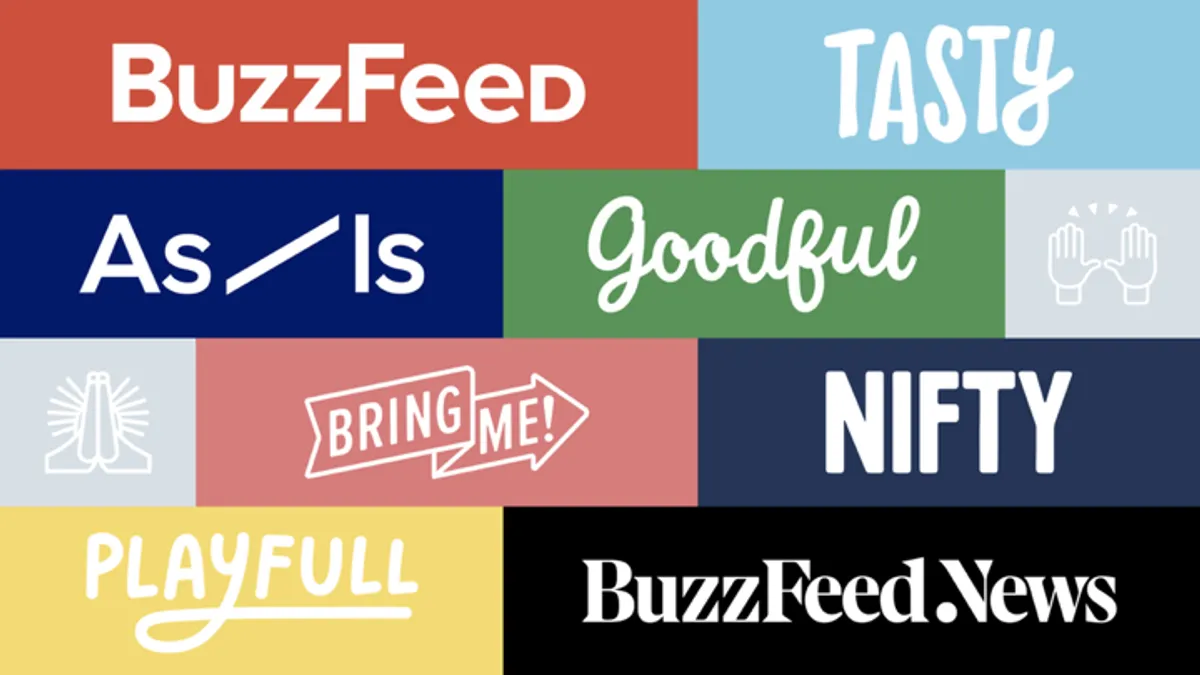Dive Brief:
- BuzzFeed has partnered with e-commerce services platform Bonsai to help the publisher deepen reader engagement and drive revenue through in-article shopping capabilities, Bonsai announced in a release shared with sister publication Marketing Dive.
- The publisher will use Bonsai's "natively shoppable widgets" and editorial-style content for the first phase of the rollout. BuzzFeed's written content will feature products from brands including HipDot and Bellessa Boutique at launch.
- BuzzFeed plans to expand its offering and launch a branded marketplace with a curated selection of products later this year, per the announcement. The publisher also plans to distribute its marketplace across third-party platforms tapping into Bonsai's social commerce integrations.
Dive Insight:
BuzzFeed is looking to forge a sustainable revenue stream by building out its own e-commerce platform rather than relying on affiliates. Bonsai can help the publisher manage this storefront and assist with converting passive readers in active shoppers.
The move comes at as traditional affiliate networks have been reducing or suspending affiliate programs. Walmart and Amazon have both pulled back on affiliate options since the pandemic started. With these relationships challenged, BuzzFeed is now looking to own the entire consumer journey within its content, which could allow it to earn larger revenues and track and market to readers.
While this is a unique approach for a publisher, BuzzFeed has a strong brand name upon which the company seems to be banking on to reach its mostly millennial readers. The site could likely make more money selling directly to consumers through its own marketplace than through affiliate links. But with Bonsai, the publisher does not have to build a store from scratch. Bonsai allows publishers to sell products natively without taking on the inventory risk.
BuzzFeed users will encounter the store while reading about products and can then easily click to purchase without leaving the BuzzFeed ecosystem. This gives the shopper a smoother shopping experience and the publisher a more direct relationship with readers. The phased rollout plan suggests BuzzFeed will be testing the program's effectiveness to see if its audience is responsive to the shopping widgets before fully introducing its own destination marketplace.















